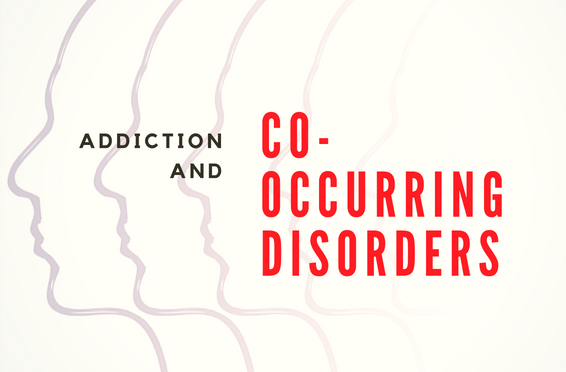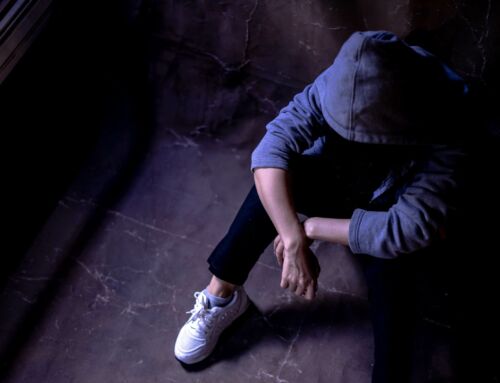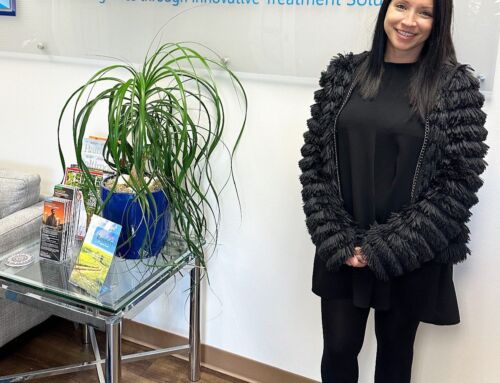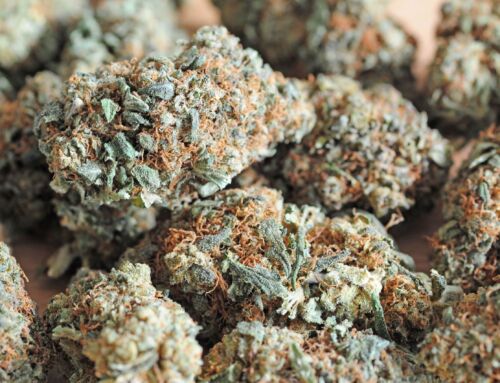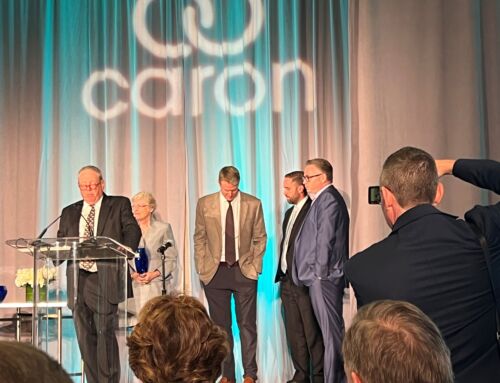Of the millions of people that struggle with substance use disorder and addiction, many also suffer from mental illness or mental health concerns. Often, substance misuse is secondary as someone suffering from psychiatric or mental health issues attempts to self-medicate through substances. Other times, addiction is the primary diagnosis, but the individual also is dealing with a mental illness or mental health disorder. There is also the case with substance use disorder can trigger the onset of mental health issues or worsen symptoms. According to SAMHSA, “people with mental health disorders are more likely than people without mental health disorders to experience an alcohol or substance use disorder.” Regardless of the specific circumstances, addiction and mental health often go hand-in-hand and many people suffering from addiction are also suffering from a dual diagnosis or co-occurring disorder.
Here are the six most common co-occurring disorders that present alongside substance use disorder and addiction:
Anxiety Disorders
Anxiety disorders involve more than temporary worry or fear. With an anxiety disorder, the anxiety does not go away and can worsen over time. The anxiety can interfere with daily activities such as work, school and/or relationships. Several examples of anxiety disorders are generalized anxiety disorder, panic disorder and social anxiety disorder.
-
Depression
Depression such as major depressive disorder or clinical depression is a common but serious mood disorder. It can cause severe symptoms that affect how a person feels, things and handles regular, daily activities such as sleeping, eating or working. Forms of depression are slightly different or may develop under unique circumstances but in order to be accurately diagnosed with depression, the symptoms must be consistently present for at least two weeks.
-
Bipolar Disorder
Bipolar disorder, which is also known as manic-depressive illness, is a brain disorder that causes unusual or extreme shifts in mood, energy, activity levels and the ability to carry out day-to-day tasks. There are four basic types of bipolar disorder, all of which involve clear changes in mood, energy and activity levels and they range from periods of extremely “up,” elevated and energized behavior (known as manic episodes) to very sad, “down” or hopeless periods (known as depressive episodes).
-
Trauma and Post-Traumatic Stress Disorder (PTSD)
Post-Traumatic Stress Disorder (PTSD) is a disorder that develops in some individuals who have experienced a shocking, scary or dangerous event. While most people naturally recover from reactions from trauma naturally, some people are impacted by trauma differently, are unable to process the feelings from a traumatic event and continue to experience symptoms. Those people who continue to experience symptoms and problems are typically diagnosed with suffering from PTSD. There is both ongoing (chronic) or short-term (acute) PTSD and those that suffer from PTSD may feel stressed or frightened even when they are not in danger.
-
Schizophrenia
Schizophrenia is a chronic and severe mental disorder that affects how a person thinks, feels and behaves. People with schizophrenia may seem like they have lost touch with reality. The symptoms of schizophrenia usually start between ages 16 and 30 and fall into three categories: positive symptoms (examples such as hallucinations, delusions, thoughts disorders or movement disorders), negative symptoms (examples such as a flat affect, reduced feelings of pleasure in everyday life or reduced speaking), and cognitive symptoms (examples such as poor executive functioning, trouble focusing or paying attention or problems with “working memory.”) While about half of all people with schizophrenia also suffer from a substance use disorder, there is a high correlation or association between marijuana use or misuse and schizophrenia and studies have demonstrated the use or misuse of marijuana by teens and young adults can act on a genetic susceptibility to trigger schizophrenia.
-
Antisocial Personality Disorders
Antisocial personality disorder (one of several diagnosable personality disorders that also includes borderline personality disorder and narcissistic personality disorders), is a mental health condition in which an individual consistently shows no regard for right and wrong and ignores the rights and feelings of others. Antisocial personality disorder is sometimes called sociopathy. Individuals that suffer from antisocial personality disorder often violate the law or become ongoing criminals, lie, behave violently or impulsively and have a high correlation to also suffer from addiction and substance use disorder. The often show little to no guilt or remorse for their actions or behaviors.
It is important to remember that the misuse and abuse of substances can often mask or mimic the symptoms of mental health disorders or mental illness. Therefore, it is often extremely difficult to accurately diagnose a person with a mental health disorder or mental illness if they are in active addiction. Many people enter treatment with a history of being diagnosed with numerous mental health issues but were never diagnosed free from substances. It is also very difficult to get a reading on a patient and get an accurate diagnosis by a medical or mental health professional in the very beginning stages of treatment. The brain needs time to heal and the begin functioning free of substances for several months before a baseline can be identified and an accurate diagnosis can be obtained. Once that occurs, a comprehensive long-term treatment plan can be established and implemented that addresses both substance use disorder and mental health disorders in an integrated co-occurring treatment approach.
If you or someone you know needs help for addiction or dual diagnosis issues, please give us a call. Maryland Addiction Recovery Center offers the most comprehensive dual diagnosis addiction treatment in the Mid-Atlantic area. If we aren’t the best fit for you or your loved one, we will take the necessary time to work with you to find a treatment center or provider that better fits your needs. Please give us a call at (410) 773-0500 or email our team at Contact us today. For more information on all of our drug addiction, alcohol addiction and co-occurring disorder services and recovery resources, please visit our website at www.marylandaddictionrecovery.com.

